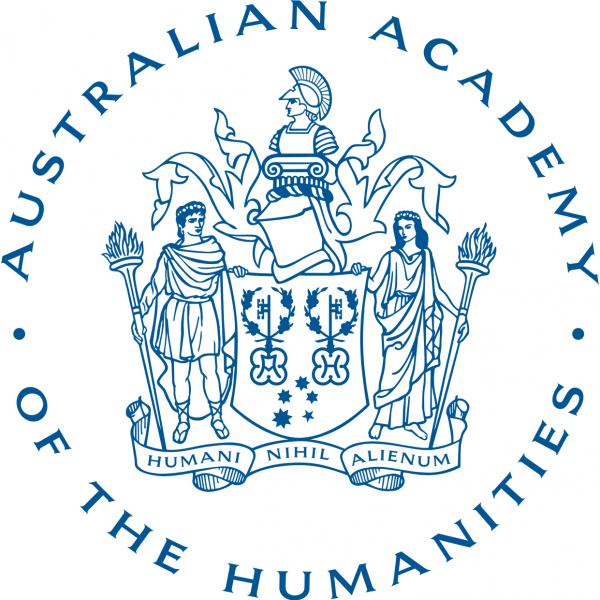Academy Excellence: Nomination of Purai Members to Humanities Academy Highlights Importance of Global Indigenous History
With the election of Purai’s joint Directors, Emeritus Professor John Maynard and Professor Victoria Haskins, to the Australian Academy of the Humanities late last year, the University of Newcastle’s Purai Indigenous Global History Centre now boasts four historians championing the contribution that humanities, arts and culture can make to national life.

Purai member and historian Emeritus Professor Lyndall Ryan is also a member of the Academy, being elected during the previous round. And in the latest round, Purai external affiliate Mr Djon Mundine OAM, the esteemed Aboriginal curator and art historian, was elected an Honorary Fellow of the Academy.
Potential fellows undergo a rigorous peer nomination and assessment process and their subsequent election is recognition of the excellence and impact of their scholarship and practice.
Co-Director of Purai, Professor Victoria Haskins, believes that the recognition of Purai members to the Academy is not only good news for Newcastle and the University but a positive sign for Indigenous history as well.
“The interest in Indigenous history and its interconnectedness across the world is growing every day, as people everywhere realise how meaningful and valuable these stories of our past are for the present,” she said.
Dean of Arts and Head of the School of Humanities & Social Science, College of Human and Social Futures, Professor Catharine Coleborne, maintains that it signals the need for a bigger profile for this kind of work within the university system.
“This is a terrific endorsement of Purai’s collective work,” Professor Coleborne said.
Head of Wollotuka Institute of Indigenous Research & Education, Associate Professor Kathleen Butler, seconds Professor Coleborne’s thoughts and would like to further investigate how Purai’s importance at the intersection of Humanities and Indigenous Studies can be collectively recognised.
“Purai has had major achievements which should be highlighted and supported by the rest of the university,” Professor Butler said.
Purai is an Awabakal word meaning “the world, earth” and the Purai Global Indigenous History Centre is an exciting research initiative which integrates global and transnational analytical perspectives and frameworks with research on Indigenous and diaspora histories and other related histories of race.
Bringing international scholars with expertise in global Indigenous issues to Newcastle and facilitating lectures, public talks and master classes is one of the Centre’s key objectives.
Previous speakers include Professor Philip J Deloria, who gave a public talk sponsored by Purai and Wollotuka Institute in 2017 on the historical context of American Indian resistance at the protest encampment at the Standing Rock Reservation against the construction of the Dakota Access Pipeline and its construction.
Professor Deloria, a Native American historian at Harvard University, was also recognised for his achievements last year, with his election to the Humanities Academy as a Corresponding Fellow.
He is one of many leading scholars hosted by Purai through the Centre’s national and international connections since its formation seven years ago.
Established by Royal Charter in 1969, the Academy has over 670 fellows from humanities disciplines spanning culture, history, languages, linguistics, philosophy and ethics, archaeology and heritage.
The fellows engage in the work of the Academy through advisory roles, international engagement and research collaborations as well as supporting the next generation of humanities researchers.
Providing government and NGOs with authoritative advice through an independent, not-for-profit body ensures that ethical, historical and cultural perspectives inform discussions regarding Australia’s future challenges and opportunities.
Contact
- Jacqueline Wright
- Phone: 0428 393 801
- Email: jacqui.wright@newcastle.edu.au
Related news
- Launch of the School Students’ Statement on the Right to a Healthy Environment
- Funding boost to technology for lower emission steel
- Newcastle team on mission to improve childhood cancer outcomes
- Shanae’s passion for caring delivers her dream to work in health
- Food and nutrition degree serves Keren a rewarding career
The University of Newcastle acknowledges the traditional custodians of the lands within our footprint areas: Awabakal, Darkinjung, Biripai, Worimi, Wonnarua, and Eora Nations. We also pay respect to the wisdom of our Elders past and present.